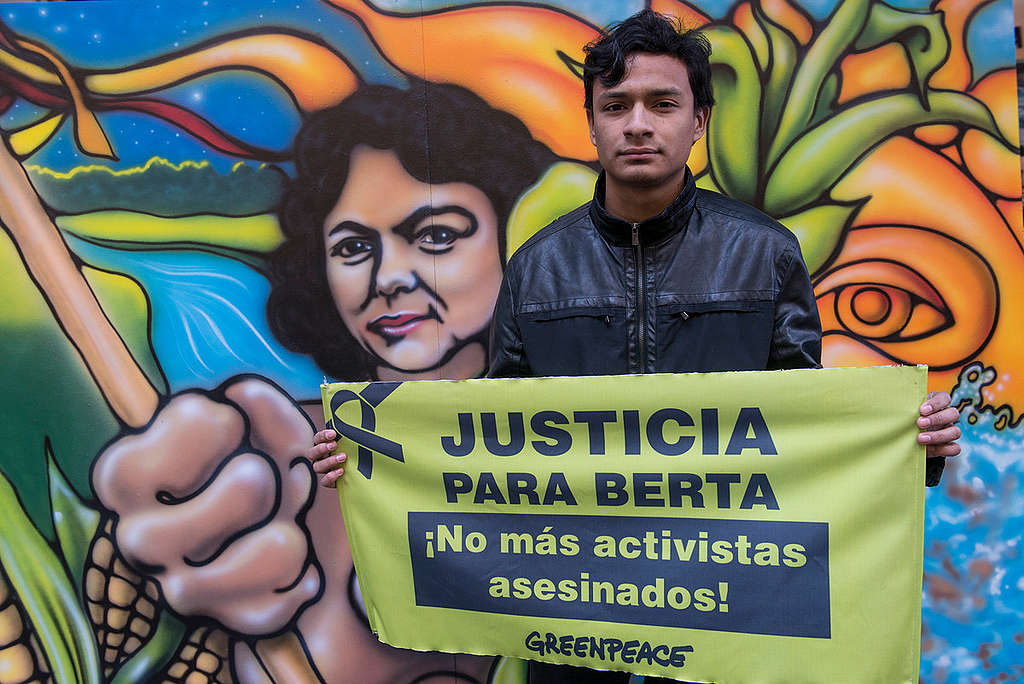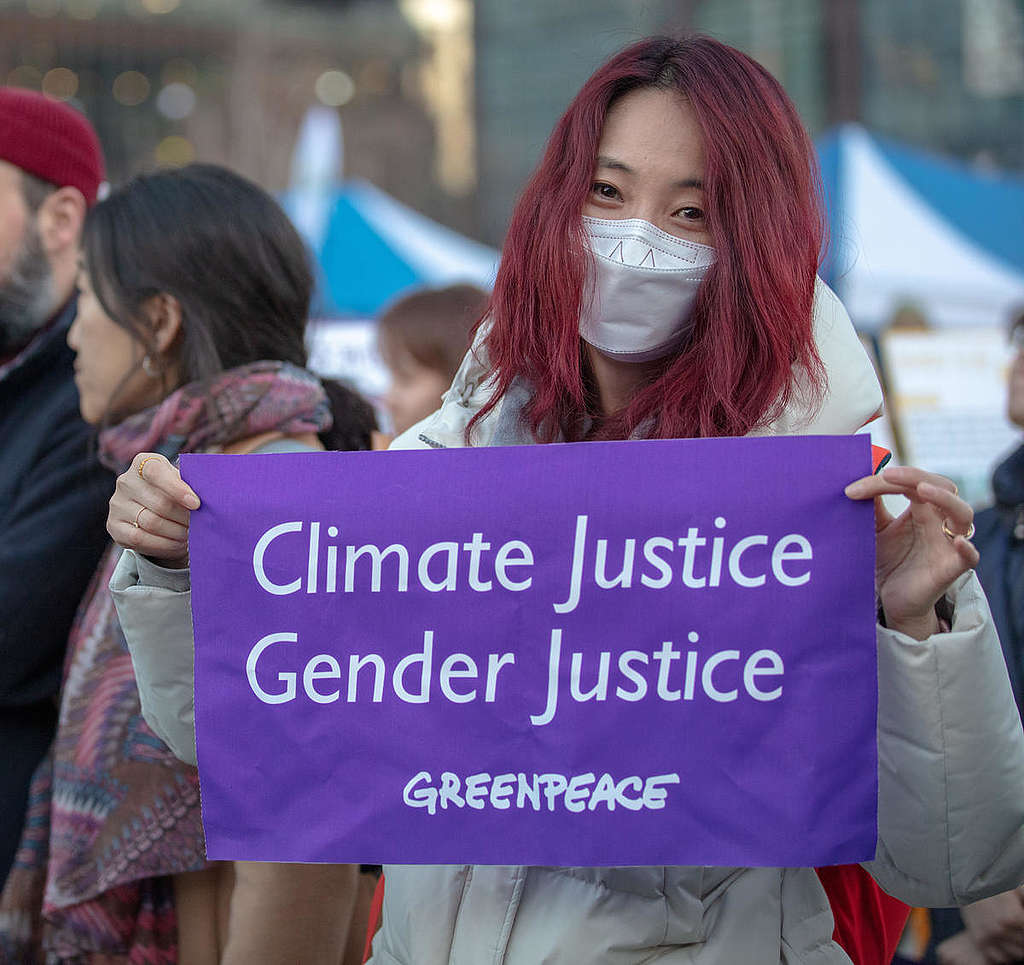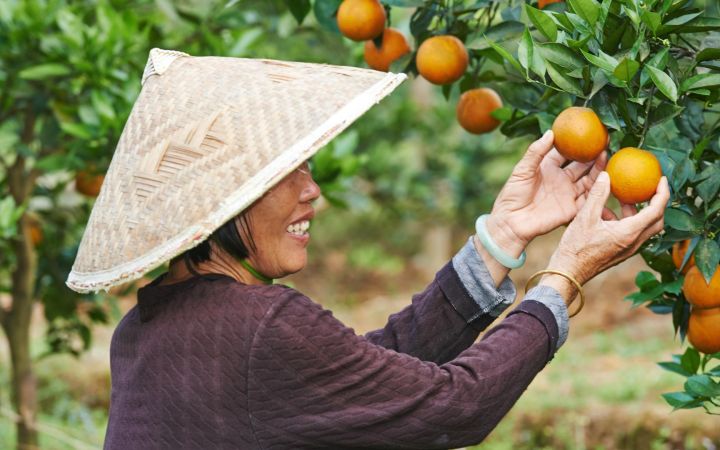The climate crisis and environmental degradation are fuelling gender-based violence. Women and gender minorities at the forefront of environmental resistance movements are a prime target of violence. They are threatened, intimidated, attacked, or killed while defending their homes, communities, land, livelihoods, and ecosystems vital for biodiversity and the climate. This International Day against Violence against Women and Gender Minorities, we want to recognise this scourge and stress once more that there can be no climate justice without gender justice.
Fikile Ntshangase, Berta Cáceres, Marielle Franco, Nora Apique.
These brave women have two things in common: they dedicated a big part of their lives to peacefully fighting for justice and they were brutally murdered for it.
Violence against land and environmental defenders: a worldwide phenomenon

The climate crisis has never been as worrisome as it is today. According to recent research published in Nature Climate Change, 85% of all human beings have already felt the impact of climate change – due to floods, droughts, forest fires, extreme heat, or even unusual cold spells. The movements of resistance against extractivism and pollution are stronger than ever, and the violent attacks and assassinations of environmental and land right defenders are on the rise.
The most recent report by Global Witness showed a record number of reported assassinations of those defenders in 2020, with 227 official findings. The victims’ profiles vary from farmers, lawyers, journalists, activists, doctors and nonprofit staff to concerned civilians who mobilise their local community against intensive agriculture, drilling, logging, or mining industries destroying their homes.
One third of the attacks targeted people from Indigenous communities worldwide, even though they make up only 5% of the current human population. Communities from MAPA (Most Affected People and Areas) are indeed much more vulnerable to systemic violence caused by extractivism and neoliberal colonialism. Active Indigenous resistance movements play a pivotal role in the protection of land and earth and their mobilisation is historical.
Global Witness’ research shows that these lethal attacks are met with blatant impunity in 95% of the cases. Not only are powerful industries and politicians not held accountable for the material damage they cause to climate and biodiversity, they also benefit from legal protection, resulting in a horrifying vicious cycle of perpetual violence.
The climate crisis is fuelling violence against women and gender minorities
The same report also reveals that while 90% of the lethal victims are male, violence against women and gender minorities who actively resist environmental destruction is skyrocketting. In fact, the effects of climate change are leading to an increase in violence against girls and women across the globe. Besides murder, other common repressive tactics used to intimidate female environmental defendors include rape, imprisonment and extorsion. A growing body of evidence is stressing that gender-based violence and environmental destruction go hand in hand.
This is a stark reminder of the precarious nature of being a female environmental activist in South Africa. We must counter the culture of impunity towards aggressors by creating a policy for the protection of women environmental & human rights defenders.#JusticeforFikile https://t.co/YhoafAnkA1
— Greenpeace Africa (@Greenpeaceafric) October 21, 2021
Patriarchal societies have a tendency of ignoring, minimising and silencing the voices of women and gender minorities. Their active resistance against polluting, extractivist projects represents a double threat to the status quo: not only are they publicly denouncing existing power dynamics by challenging these destructive actors, the act of publicly speaking out is in itself also an act of rebellion, thus tackling the patriarchal system at its core. Nevertheless, all around the world, women and gender minorities remain at the frontline of environmental resistance.
No climate justice without social justice

An abundance of evidence supports the disproportionate responsibility of the Global North and their colonial history for the climate crisis. It is our responsibility to hold those in powerful positions accountable for the damage they have caused and continue to impose on marginalised communities on the one hand, and to prevent this violence from escalating any further on the other hand.
According to a recent World Health Organisation study, one in three women and girls experience physical or sexual violence in their lifetime, in most cases by an intimate partner. That violence frequently starts before women reach their mid-twenties. Climate shocks such as droughts, floods and locust swarms force women and young girls further into vulnerability by affecting their capability to provide for themselves and their families. Very often, they are forced into dangerous and violent circumstances just to survive.
All over the world, in Africa, North America, Central America, South America, Europe, Asia, feminist and allied movements are increasingly denouncing violence against women, girls and gender minorities, inequalities between genders and asking for the protection of women environmental defenders.
Today, across the world, from boardrooms and policy positions to local communities, from science to activism, women everywhere are using their voices to take leadership and call for action on climate change.
The struggle for a healthy and peaceful planet inherently requires equity and respect for all who live on it. Environmental destruction cannot be fought without fighting sexism and the violence associated with it: they are two sides of the same coin.
We need an ecofeminist revolution now.
Heleni Smuha is a Movement Mobiliser with Greenpeace Belgium







